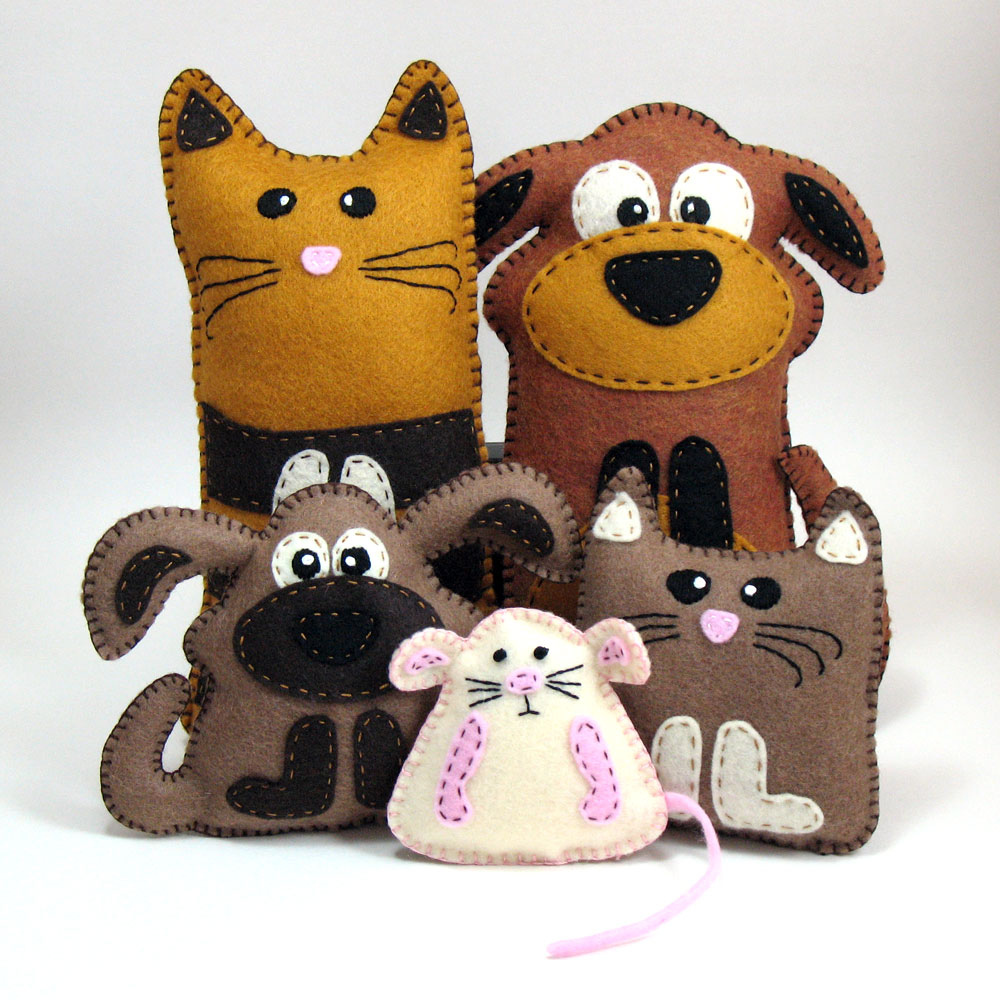
If you’re a pet lover and thinking about getting pregnant or already pregnant you may be wondering whether your family pet poses any risks to your pregnancy.
Dogs don’t pose any health risks for you or your baby. A larger dog who is used to jumping on you may need to be trained to refrain from doing so from now on.
One concern relating to cats is the transmission of an infection called toxoplasmosis. This infection is transferred through contact with cat feces. Outdoor cats are more likely to have contracted this infection. Approximately 15% of American women are immune to this infection and women who have owned cats for a long time are more likely to be immune.
If the mother gets infected between weeks 10-24, there is a 5-6% chance of the newborn developing problems including premature birth, low birth weight, fever, jaundice, abnormalities of the retina, mental retardation, abnormal head size, convulsions, and brain calcification. During the third trimester, infection is more likely but risks to the fetus are decreased.
Reduce chances of infection by refraining from emptying the litter box and gardening with gloves on or not at all. If you are infected, see your doctor to get an antibiotic which reduces the chance of the fetus becoming infected.
Reptiles and amphibians such as lizards, iguanas, turtles, frogs and snakes will put you and your baby at the risk of salmonella infection. In fact, children under the age of 5 are especially prone to salmonella infection because their immune systems are not fully developed. The safest thing to do is remove these pets from your home. Barring that, other precautions can be taken. Wash your hands thoroughly after handling the pet, don’t allow it in the kitchen or anywhere near food preparation, disinfect the bath with bleach if you bathe your pet in it and don’t allow young children to handle the pet at all. Also, keep the pet in an enclosure and don’t allow it to roam freely around the house.
If you have a pet bird, take it to be examined by the vet to ensure that it is healthy. Birds can transmit campylobacter, salmonella, chlamydiosis, or some protozoal infections that could be contagious to humans. Don’t clean the bird cage yourself and always clean your hands after handling the bird. Once the baby is born, be careful to keep the bird away from harmful objects such as talcum powder, baby lotion, safety pins, formula, aerosols, or dirty diapers.
Farm animals can carry listeria, campylobacter, salmonella, and cryptosporidium which can be harmful to a fetus. Always wash hands thoroughly after contact with the animals, never handle stillborn animals and don’t participate in silage feeding.
During your pregnancy, you can already begin to train your pets to accept your new baby and not harm him or her. See more: How to Prepare Your Pet for a New Baby



